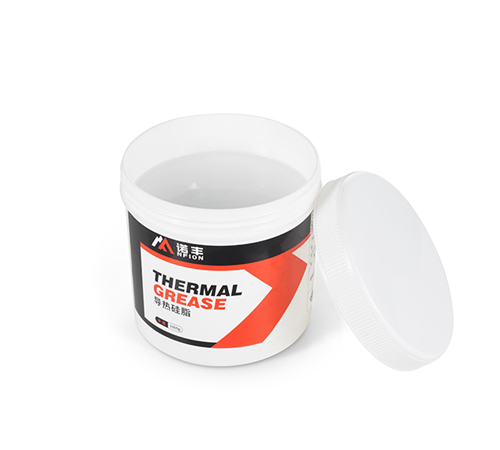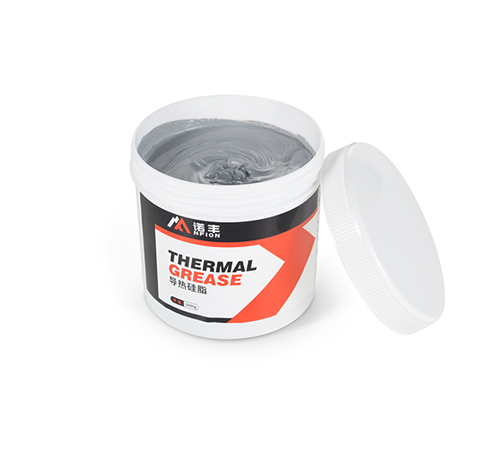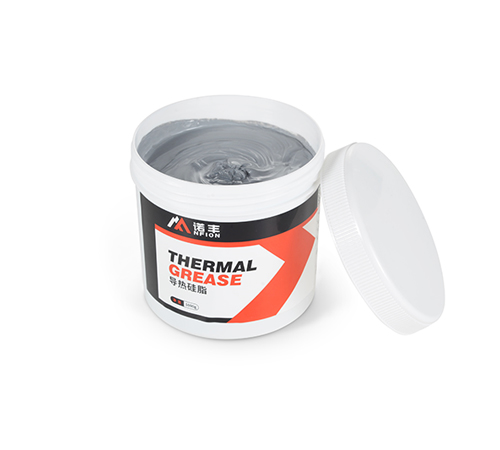
Laptop computers, as outstanding representatives of modern technology, have their internal components arranged compactly, making heat management a critical challenge. Particularly in high-performance components such as processors and graphics cards, the heat generated increases alongside performance improvements. To effectively dissipate these heat emissions and prevent overheating-induced performance degradation or hardware damage, thermal grease plays an indispensable role within laptop computers.
Thermal grease is an efficient thermal interface material, characterized by excellent thermal conductivity and electrical insulation. It serves to fill the minuscule gaps between heat-generating components like processors and graphics cards and their corresponding heat sinks. Through its thermal conduction properties, thermal grease swiftly transfers heat from the heat-generating elements onto the heat sink, which then radiates the heat into the surrounding air, thereby achieving effective cooling.
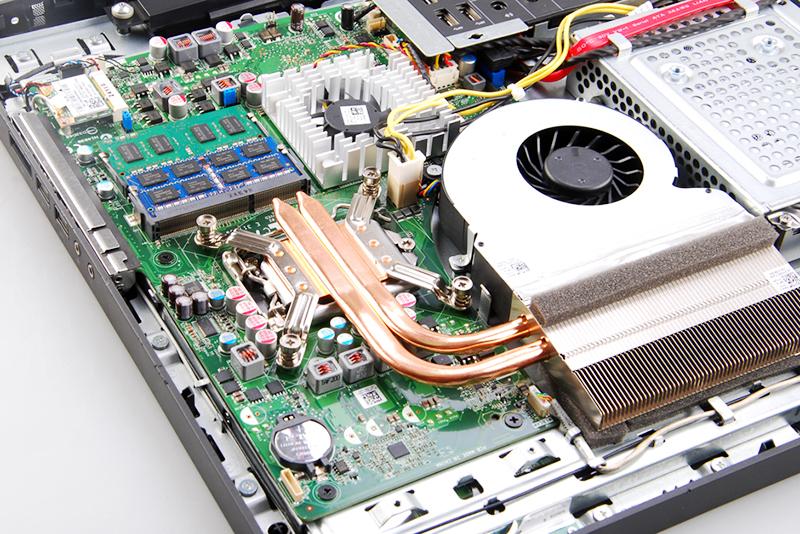
Thermal grease assumes a pivotal role in laptop computers, primarily aimed at enhancing and optimizing the thermal management of electronic components. Here are the specific aspects and functions of thermal grease in laptop applications:
1. Heat Transfer Medium:
As a heat transfer medium, thermal grease is applied between high-heat-generating components in a laptop, such as the CPU (Central Processing Unit) and GPU (Graphics Processing Unit), and their respective heat sinks (e.g., heatsinks or heat spreaders). These components generate substantial heat during operation, which, if not promptly dissipated, can lead to overheating issues, impairing performance and potentially causing hardware failure. Thermal grease fills the minute gaps between them, eliminating air (which is a poor thermal conductor), ensuring that heat generated by the components is rapidly conveyed to the heat sink and subsequently expelled into the external environment via fans or other cooling mechanisms.
2. Reducing Thermal Resistance:
The high thermal conductivity of the grease helps lower the thermal resistance between the heat source and the heat sink, i.e., decreasing the resistance to heat transfer. A superior thermal grease possesses a low thermal resistance coefficient, enabling heat to be more efficiently transferred from the heat-generating chip to the heat sink, thus maintaining hardware operating temperatures within safe limits and ensuring system stability and reliability.
3. Adaptability:
The interior space of a laptop is cramped and structurally intricate, with the contact surfaces between heat-generating components and heat sinks often being uneven. Thermal grease exhibits good wetting and flow properties, effortlessly filling microscopic gaps and irregularities on the contact surface, forming a uniform thin layer that ensures consistent heat conduction across the entire contact area, thereby enhancing overall cooling efficiency.
4. Temperature Resistance & Stability:
Laptops may experience significant temperature fluctuations during operation, particularly under high-performance loads. High-quality thermal grease boasts a wide operating temperature range, retaining good fluidity at low temperatures and stable physical properties at high temperatures, without cracking or hardening due to thermal expansion and contraction. Moreover, the grease should exhibit excellent chemical stability, not reacting chemically with either the heat-generating components or heat sink materials, remaining free from drying out, hardening, or producing harmful substances over time.
5. Maintenance & Replacement:
While some premium thermal greases can maintain optimal performance for years, they may gradually degrade, dry out, or lose lubricity over time due to factors such as aging and the computer's usage environment, leading to reduced cooling effectiveness. Thus, periodically disassembling the laptop for inspection and replacing thermal grease when necessary is a crucial aspect of laptop maintenance. Users or professional technicians would, during cleaning or repairs, follow specific steps to remove old grease and reapply a suitable amount of fresh grease to restore or enhance cooling performance.
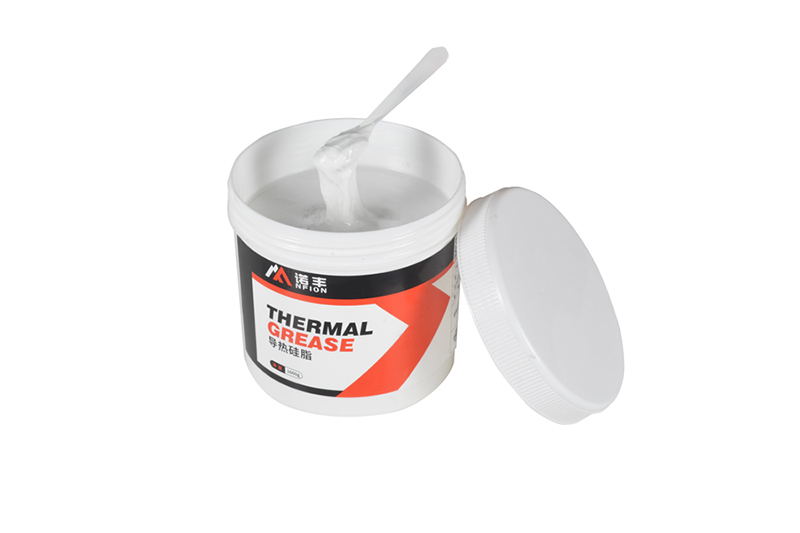
In summary, thermal grease acts as a bridge in laptop computers, effectively conveying heat from core heat-generating components to the cooling system. Its presence is vital for ensuring the normal operation of laptops, extending hardware lifespan, and enhancing user experience. Choosing the right brand and model of thermal grease, combined with a reasonable maintenance schedule, contributes to maintaining optimal cooling conditions in laptop computers.



 CN >
CN >
